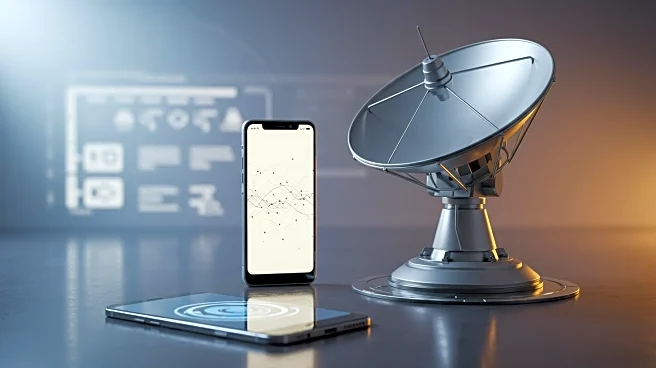What is the story about?
What's Happening?
Smaller cable operators in the U.S. are increasingly integrating mobile services into their offerings, driven by agreements with the National Content & Technology Cooperative (NCTC) and major carriers like AT&T. Companies such as Breezeline and TDS have launched mobile services to remain competitive in the evolving video and broadband markets. The move is seen as essential to reduce customer churn and enhance product offerings. Operators are experimenting with various promotions, including free lines and discounted rates, to attract mobile customers. The integration of mobile services is becoming a necessity rather than a luxury for these operators.
Why It's Important?
The shift towards mobile services by smaller cable operators highlights the changing dynamics in the telecommunications industry. As video consumption patterns evolve and broadband becomes more competitive, offering mobile services can help operators retain customers and diversify revenue streams. This trend underscores the importance of adaptability in the face of industry challenges, such as customer churn and technological advancements. By embracing mobile services, these operators can better compete with larger companies like Comcast and Charter, which already offer bundled mobile services.
What's Next?
Cable operators are expected to continue refining their mobile offerings, with potential developments in device financing and Wi-Fi roaming to reduce costs and improve service delivery. The NCTC is working on a system to enable Wi-Fi network sharing among its members, which could further enhance mobile service capabilities. As the industry evolves, operators will need to remain agile and responsive to consumer demands and technological changes.















